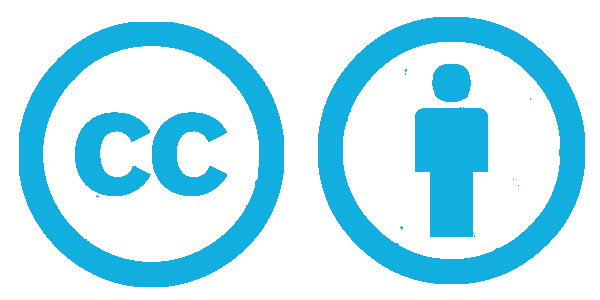This study provides an overview of open access (OA) journals in Africa that do not charge fees for either authors or readers (often referred to as Diamond OA journals). It is based on survey responses from 199 journals, 21 institutional, national and continental platforms that host Diamond OA journals, and 25 country reports with information about current funding and financial sustainability approaches and challenges, institutional in-kind support, incentives and collaborations among Diamond OA journals, needs and strategies to advance Diamond OA.
This landscape study was conducted as a part of the three-year ‘Collaboration for sustainable open access publishing in Africa’ project (November 2023- October 2026), implemented by EIFL, AJOL (African Journals Online) and WACREN (the West and Central African Research and Education Network) with support from Wellcome. The study informed and guided us in our planning for developing and delivering a participatory funding approach to strengthen the quality and sustainability of African Diamond OA publishing while maintaining its diversity. The project will also strengthen national and regional collaboration on Diamond OA and seek to secure funding commitments from African governments and institutions by embedding support for Diamond OA in open science policies.
See the full report (PDF). The main findings and highlights are presented below.
Table of contents
Overview of Diamond OA journals
Editorial quality and research integrity/publication ethics in Diamond OA journals
Technical service efficiency of Diamond OA journals
Visibility and discoverability (including indexation) of Diamond OA journals
Challenges, funding needs and support required to make Diamond OA journals more sustainable
Platforms scope, disciplines and inclusion criteria
Platforms personnel, incentives, funding, institutional support, sustainability and collaborations
Technical service efficiency of platforms
Visibility and discoverability of platforms
Challenges, unmet funding needs and support required to make platforms more sustainable
Authors: Iryna Kuchma and Milica Ševkušić, EIFL
Contributors (country report authors listed alphabetically by country name): Kamel Belhamel, University of Bejaia (Algeria); Joseph Sagbohan, Université d'Abomey-Calavi, Ecole Polytechnique d'Abomey-Calavi (Bénin); Naniki S Maphakwane, Botswana Open University (Botswana); Zoé Aubierge Ouangré, Université Norbert Zongo (Burkina Faso); Cécile Outtara-Coulibaly, Université Virtuelle de Côte d’Ivoire (Côte d’Ivoire); Eliezer Bisimwa Mwongane, Université Libre des Pays des Grands Lacs (Democratic Republic of Congo); Getnet Lemma, Addis Ababa University (Ethiopia); Richard Bruce Lamptey, College of Science, Kwame Nkrumah University of Science and Technology Library (Ghana); Arnold Mwanzu, Aga Khan University (Kenya); Buhle Mbambo-Thata, National University of Lesotho Libraries (Lesotho); Patrick Mapulanga, Kamuzu University of Health Sciences (Malawi); Abdrahamane Anne, DER Santé Publique (Mali); Rachid Ayssi and Fadoua El Maguiri, Centre National pour la Recherche Scientifique et Technique (Morocco); Horacio Zimba, Eduardo Mondlane University (Mozambique); Anna Leonard, University of Namibia (Namibia); Basiru Adetomiwa, Redeemer's University, Ede, Osun State and Fatimah Jibril Abduldayan, Federal University of Technology, Minna (Nigeria); Ina Smith and Susan Veldsman, Academy of Sciences in South Africa (South Africa); Innocent Azilan, Universités de Toulon et de Lomé (Togo); Bessem Aamira, CNUDST (Tunisia); Eness M. Miyanda-Chitumbo, The University of Zambia (Zambia); and Blessing Chiparausha, Bindura University of Science Education (Zimbabwe)
Country reports can be found in the full (PDF) version of the report (also https://doi.org/10.5281/zenodo.12792474).
22 July 2024
This work was supported by the Wellcome Trust [grant number 228148/Z/23/Z]
The study is licensed under a Creative Commons Attribution 4.0 International License

